The parc national Tursujuq invites you to enjoy a 4-day autonomous trip at Sukkuk camp, with transportation provided to simplify your stay. Take advantage of this opportunity to discover the park at your own pace: whether you simply want to relax at camp and admire the cuestas by the fire, or set off on an adventure skiing on Lake Tasiujaq or snowshoeing along the snow-covered trails.
This trip includes round-trip snowmobile transportation to Sukkuk Camp, 20 liters of drinking water, and enough firewood for the entire weekend. You will also receive a safety flare, bear repellent, and a satellite phone to contact the team in case of an emergency.
You will need to bring your outdoor equipment, clothing, and food, and plan your activities. Bring warm clothing, as well as enough provisions for four days, adding a small extra supply.
Equipment can be rented at the park, and local Inuit guides can be recommended if you wish to be accompanied. A pre-departure meeting will be held a few weeks before departure, during which you will also receive a list of useful apps to use in the park.
ITINERARY
Day 1: Arriving at Sukkuk Camp and learning about the camp
Your adventure will begin around 10 a.m. at the park pavilion. After confirming that all the necessary equipment and supplies are loaded onto the snowmobiles and qamutik, you will leave for Sukkuk Camp, located 30 km from Umiujaq. The snowmobile ride will take about an hour, depending on trail conditions.
Upon arrival at Sukkuk Camp, the Tursujuq team will help you heat up the two camps. They will show you the surrounding ski trails and explain the essentials of winter camp life, including how to stay warm, prepare meals, and use the equipment on site.

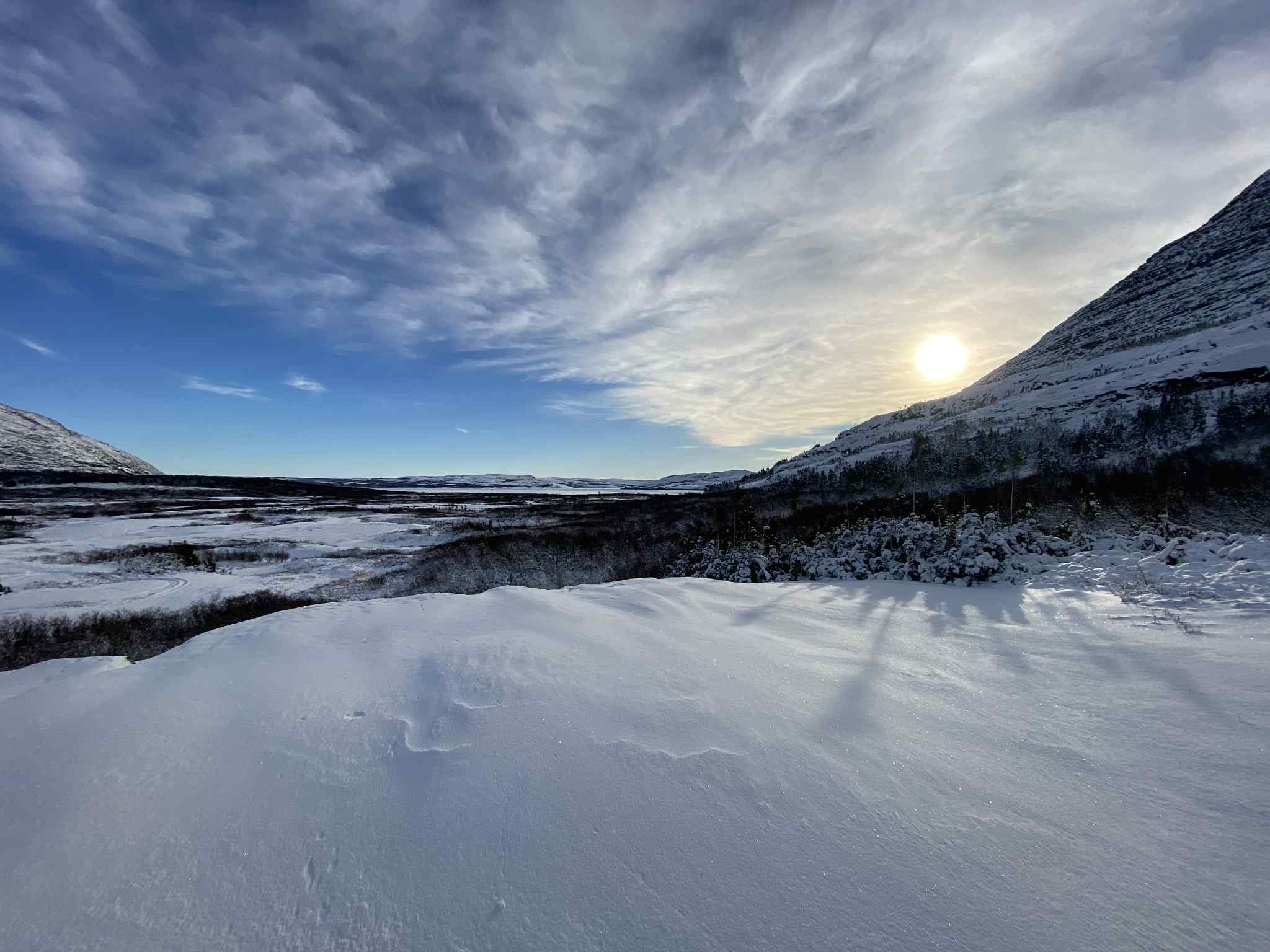

Day 2-3: Free time to explore the surroundings of Sukkuk Camp and Tasiujaq Lake
Enjoy a full weekend in the park and explore the surrounding area on skis or snowshoes, at your own pace.
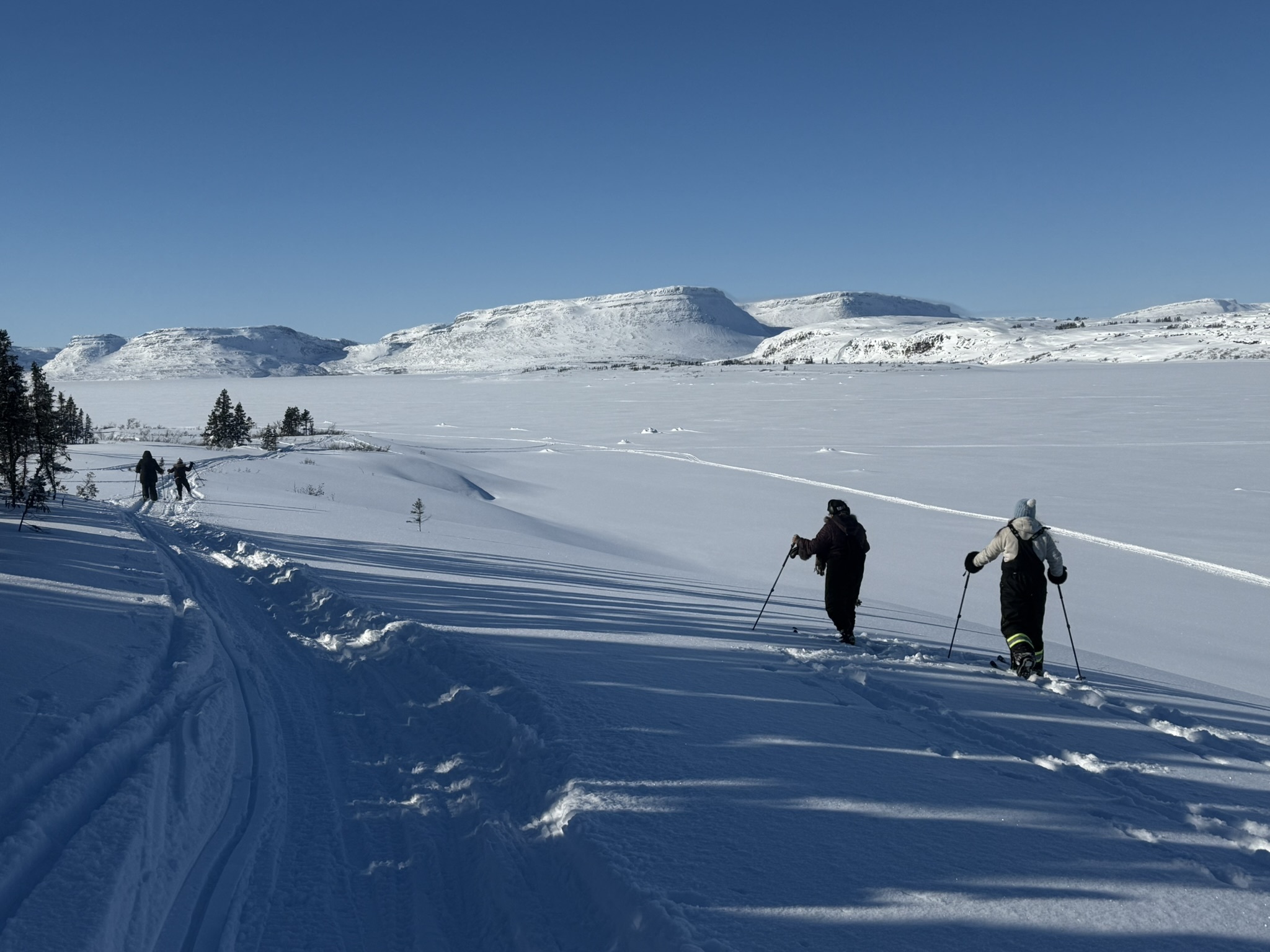
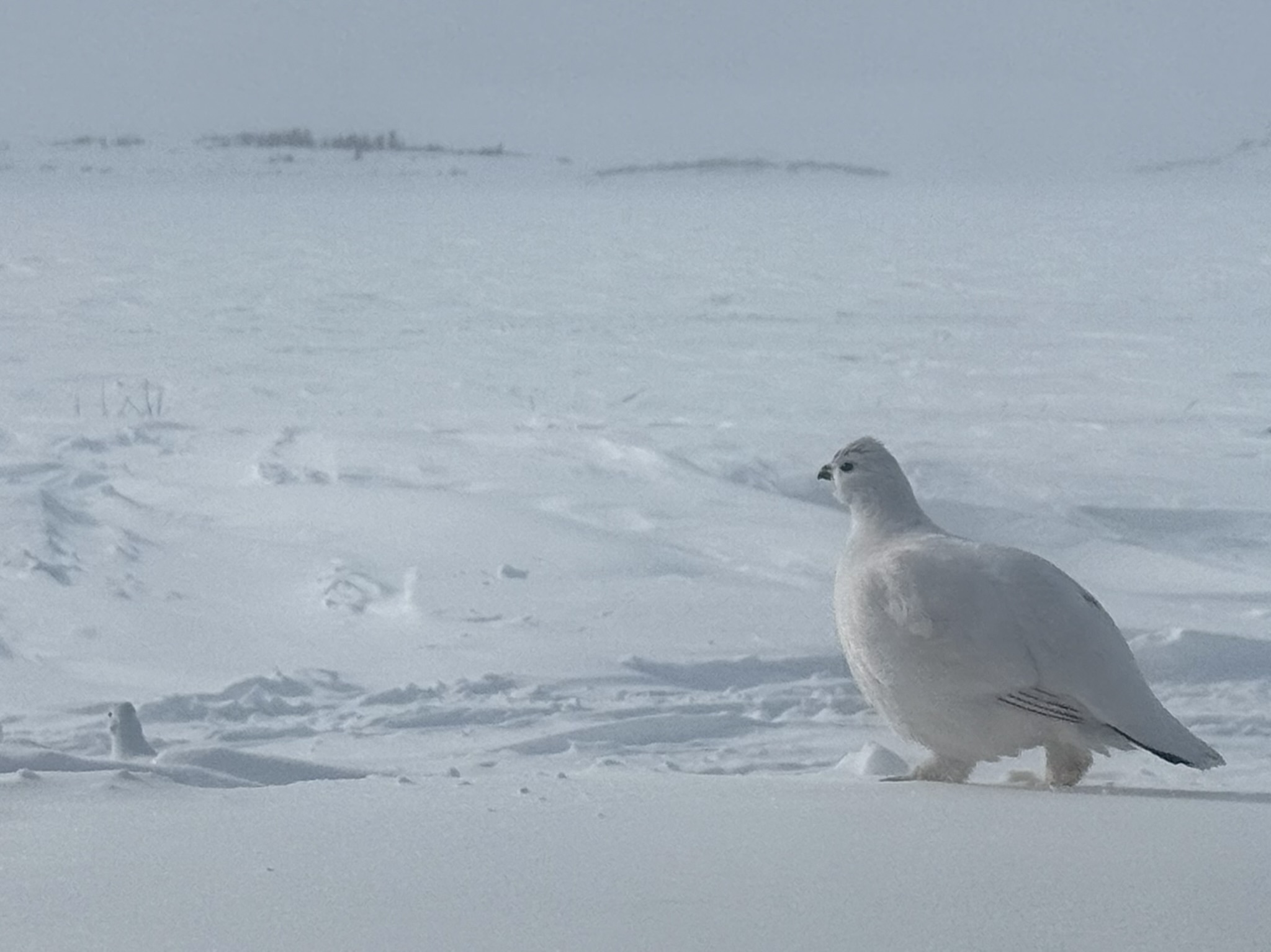
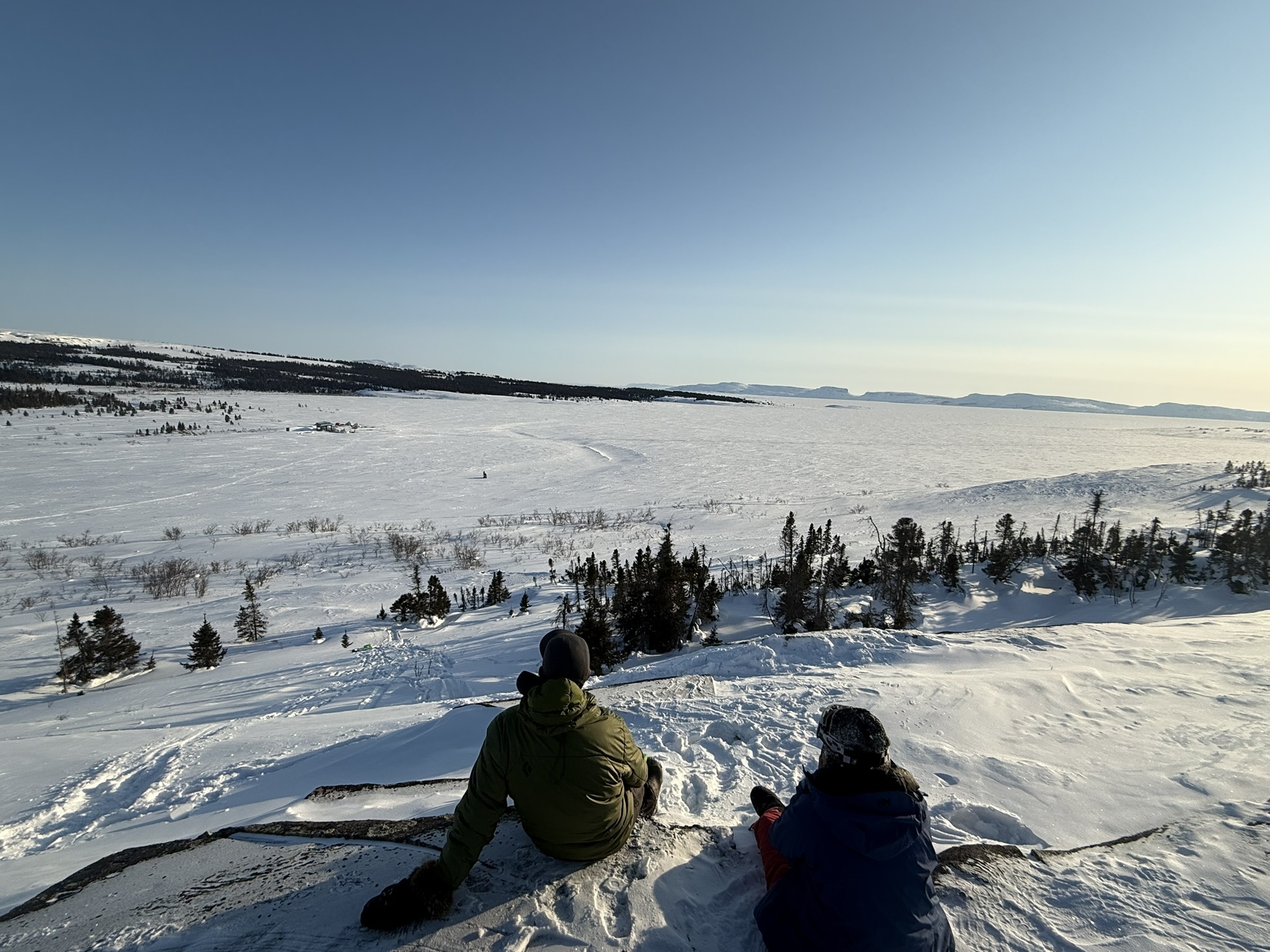
Day 4: Returning to Umiujaq via Two Lakes Valley
On your last morning, you will need to clean the camp and turn off all appliances before departure. The park team will pick you up around 2 p.m. for the return trip to Umiujaq. The journey will take you through the Valley of the Two Lakes, a popular spot with locals and visitors, especially for its breathtaking views.
You will have the option of returning to Umiujaq by ski, leaving your luggage at the camp entrance; the team will transport it by snowmobile. The return to Umiujaq is scheduled for 4 p.m. at the latest.

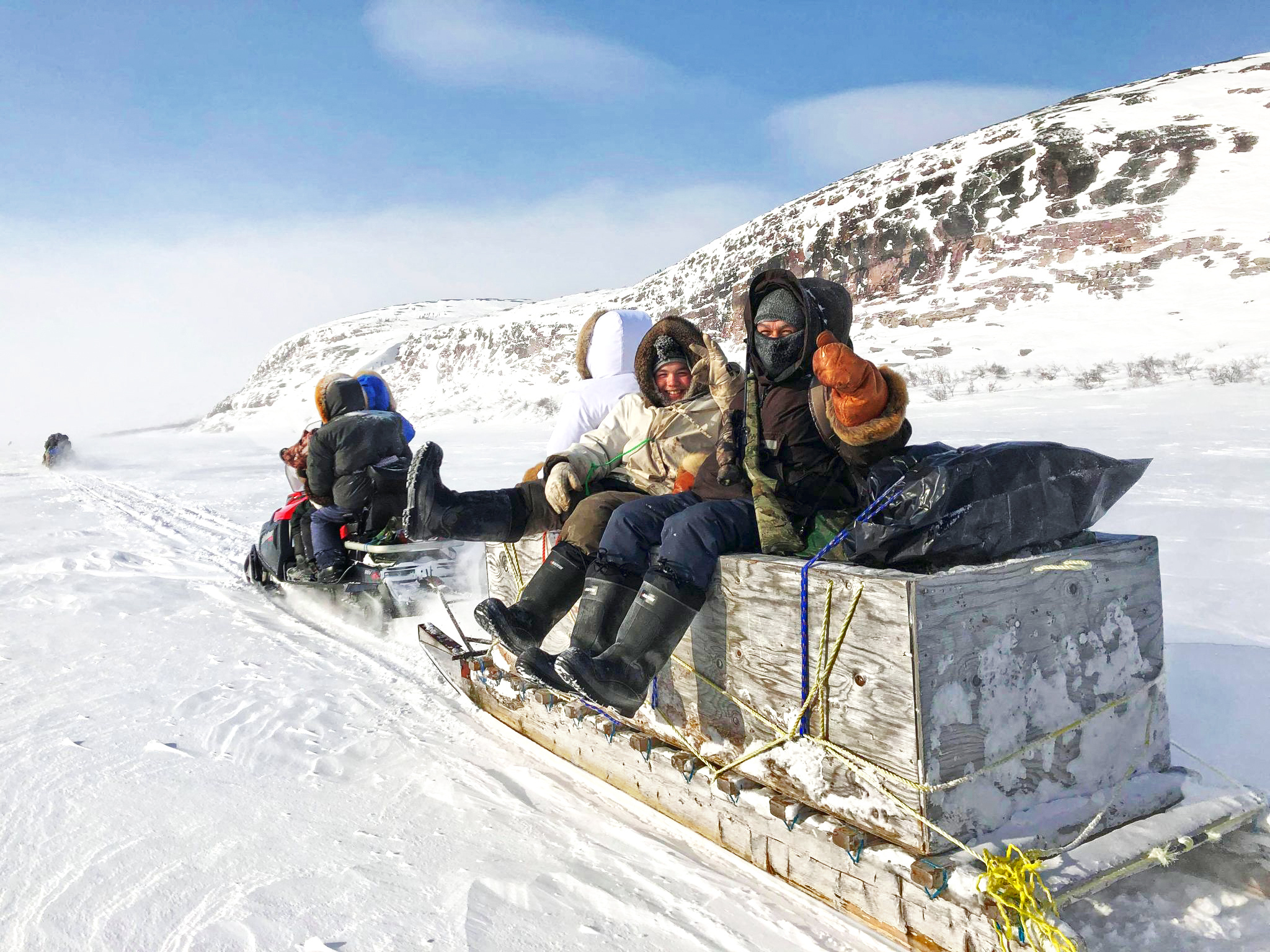

Accommodation
Sukkuk Camp
- Rustic, open-space dormitory camp with three bunk beds and a single bed. Each bed is equipped with a mattress and a pillow.
- A cabin with a fully equipped kitchen with refrigerator and propane stove, a dining table, and a bedroom with two bunk beds.
- Outdoor dry toilet
There is no running water at camp, but you can still melt snow for washing dishes. Plenty of pots and pans are available in the kitchen.
Sheets, pillowcases and sleeping bags are not provided.
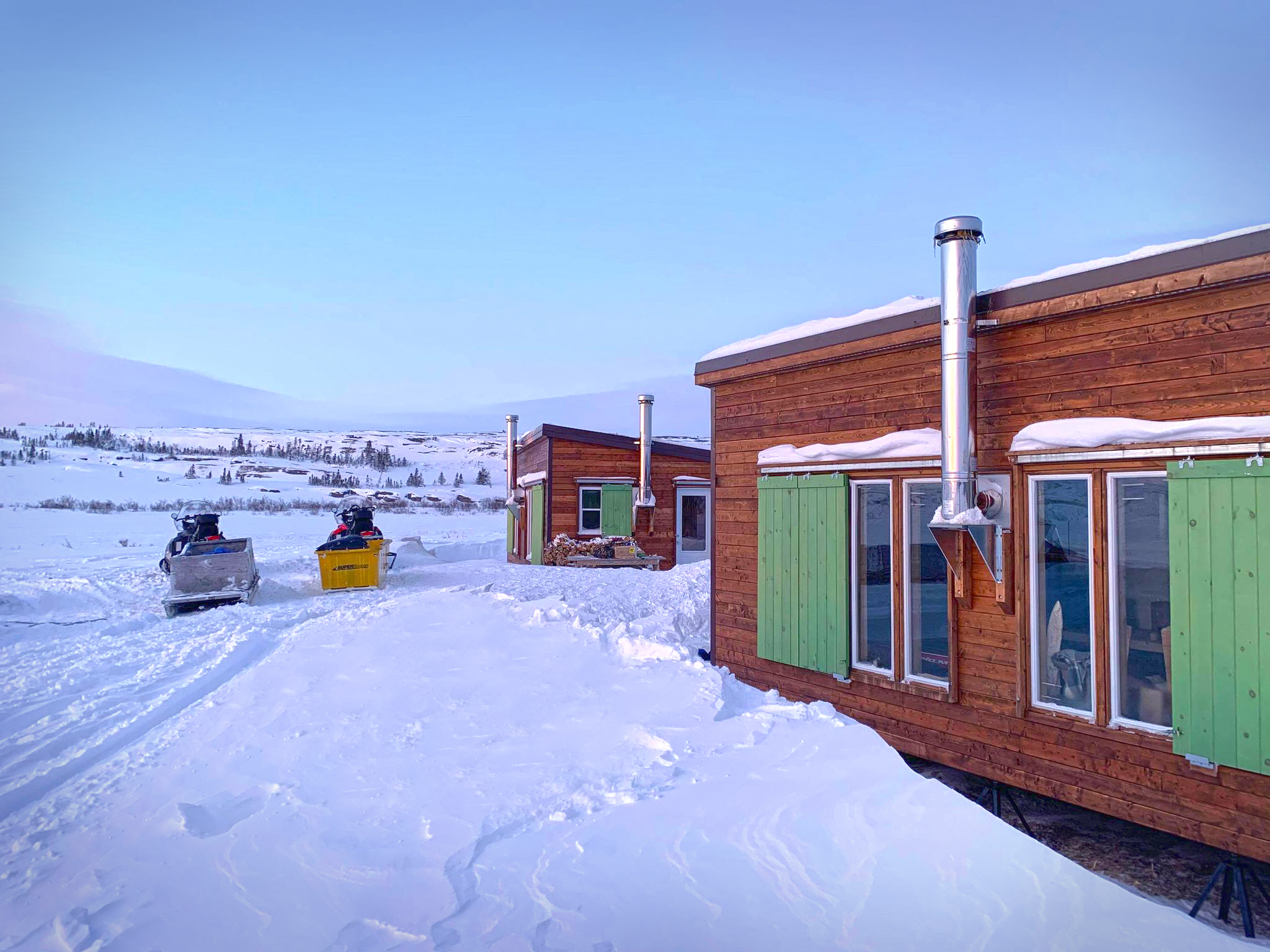
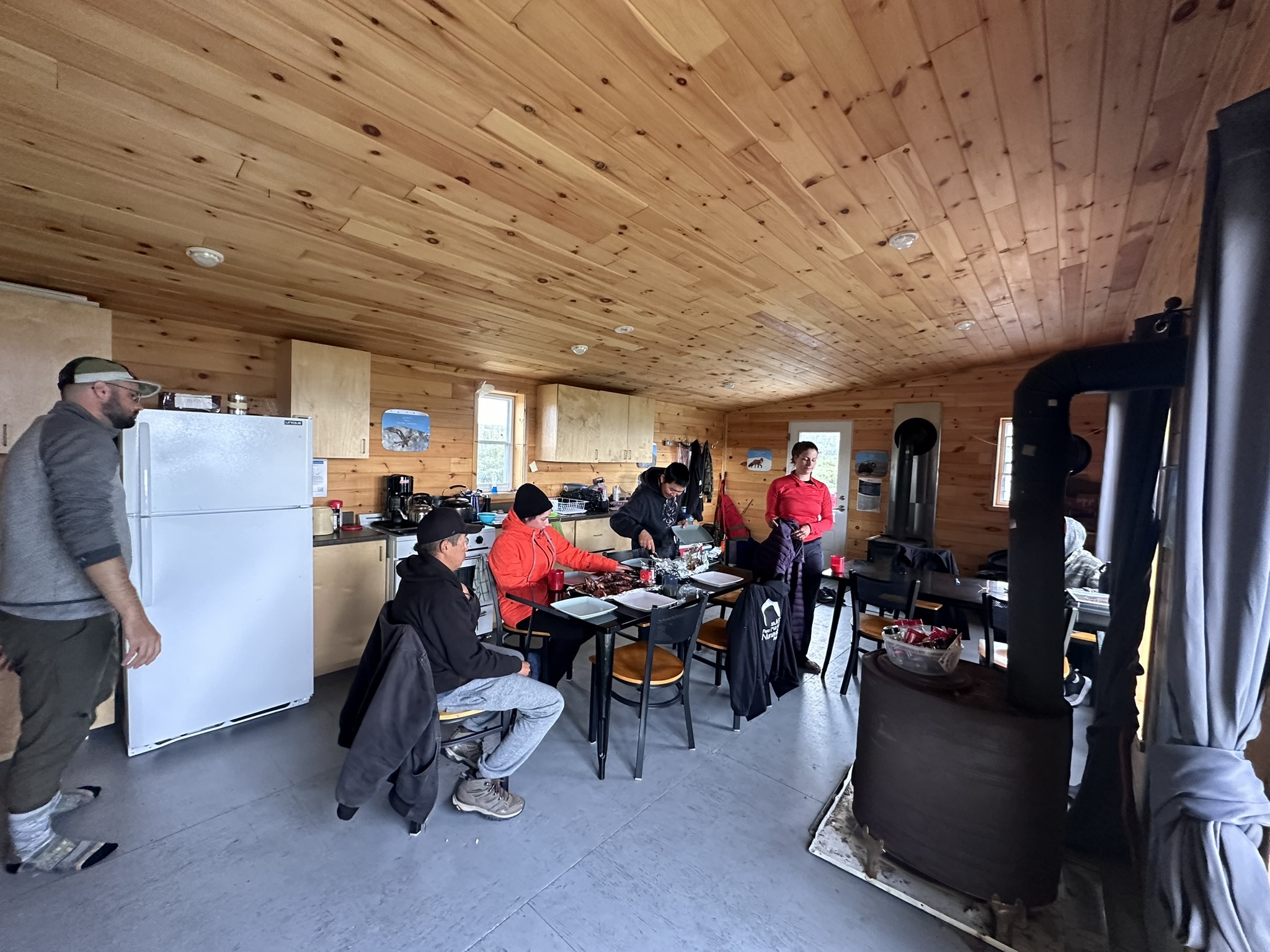
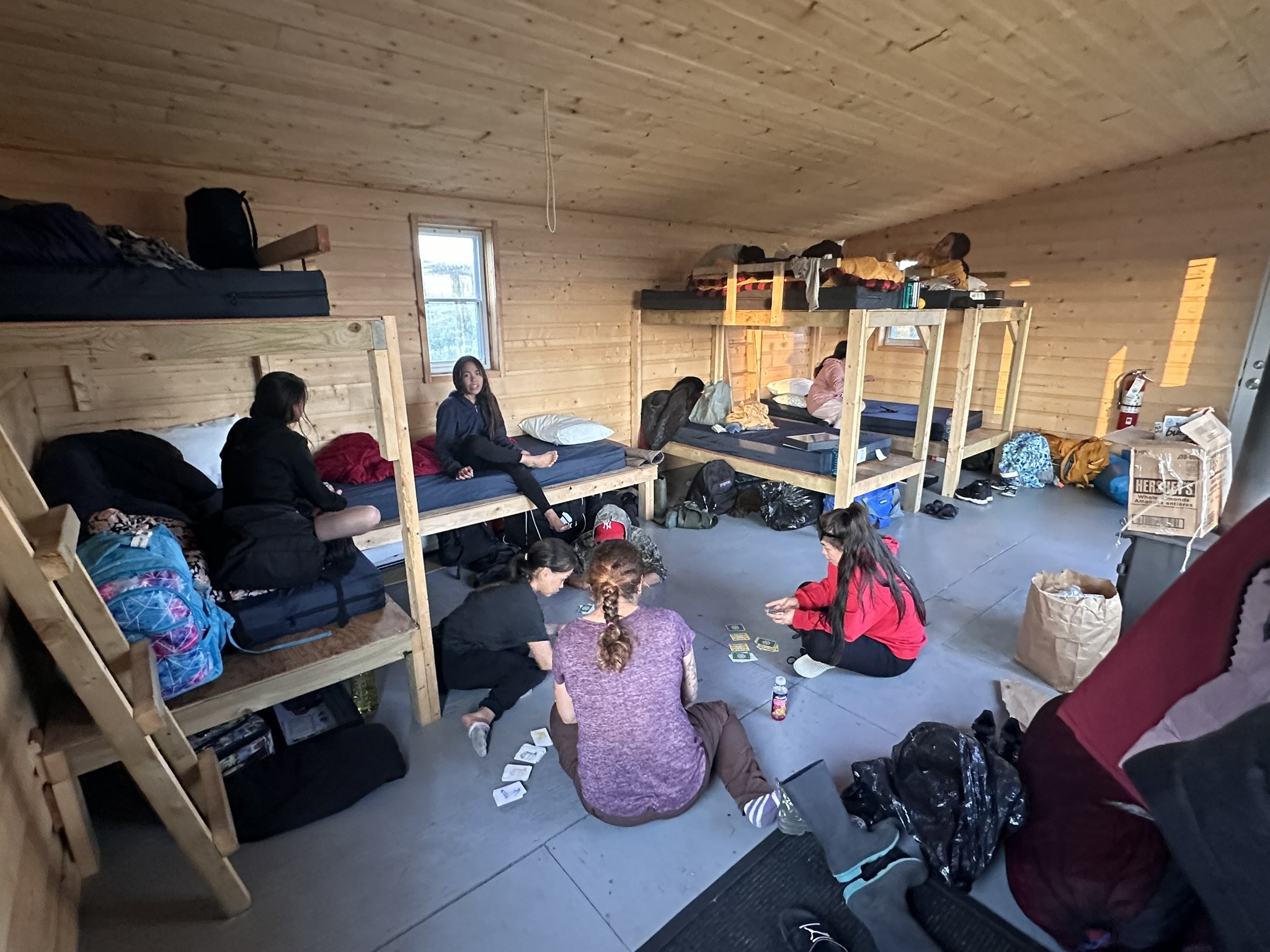
Good to know
Both camps are equipped with solar panels that provide lighting and allow you to charge your devices via a USB port. Remember to bring your USB charging cable.
There is no running water at camp, but you can still melt snow for washing dishes. Plenty of pots and pans are available in the kitchen.
Notes
Price per person, before taxes. Find out about preferential rates for JBNQA beneficiaries.
Please note that hunting and trapping are strictly prohibited in Quebec’s national parks. However, Inuit have the right to practice their subsistence activities throughout Nunavik, including in parc national Tursujuq. Therefore, witnessing a group of Inuit hunting caribou or ringed seals, or trapping foxes, can become a part of your Nunavik park experience.
Drones
Nunavik Parks (Kativik Regional Government) does not permit the use of drones for recreational purposes in the parks it manages (Parc national Tursujuq, Parc national des Pingualuit, Parc national Kuururjuaq, and Parc national Ulittaniujalik) so as not to impact the visitor experience or disturb wildlife.
Safety
The camp is equipped with a first aid kit and a spine board. In case of emergency, you can reach park staff at any time using a satellite phone.
Autonomous visitors to Nunavik’s parks must take full responsibility for their own safety, and risk management must be an integral part of their experience. It is strongly recommended that you purchase insurance covering accidents and search and rescue costs.
